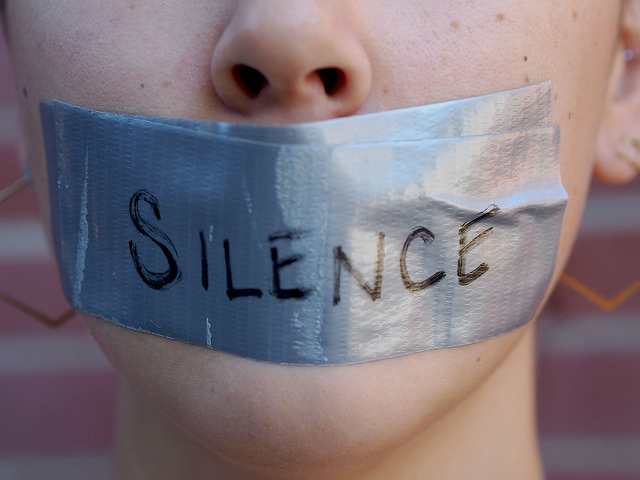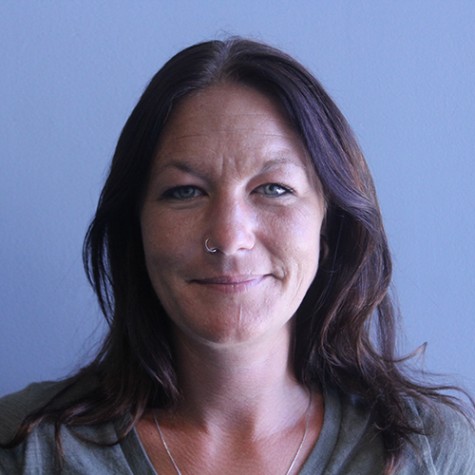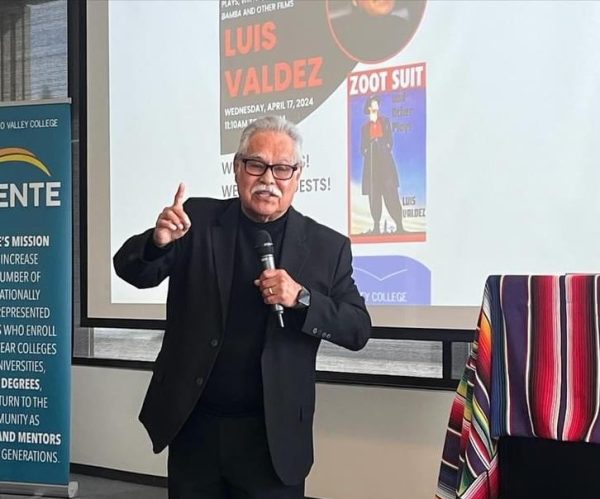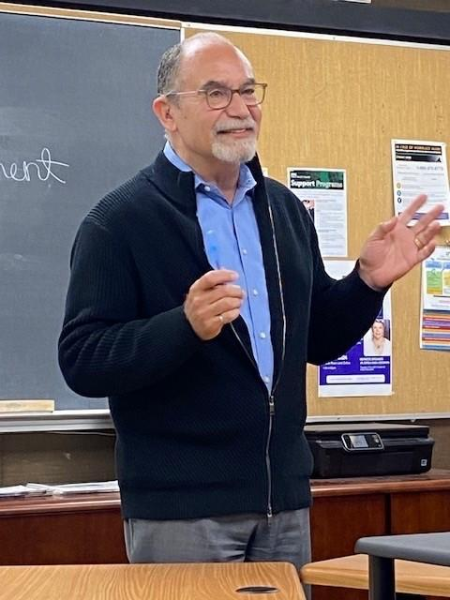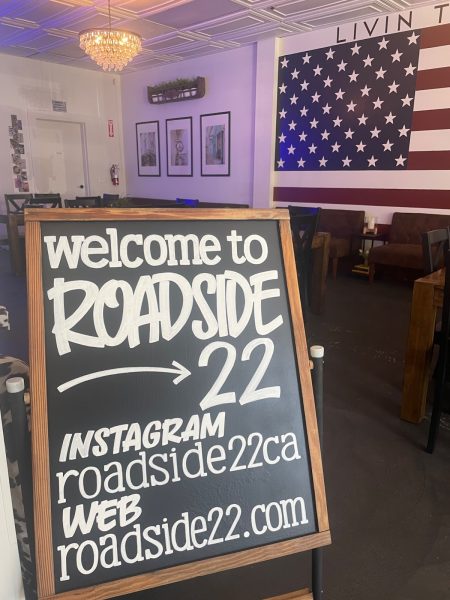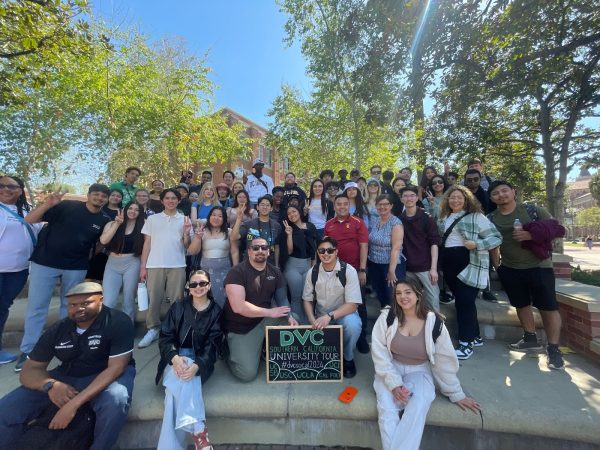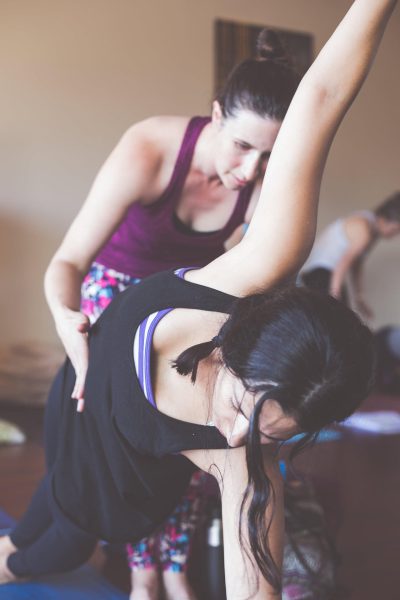Sexual assault: The deafening sound of silence
Photographic illustration.
December 7, 2015
Rape is like a silencer at the end of a gun. The damage is devastating, even if there’s no noise to be heard.
Nobody wants to talk about sexual assault. And nobody wants to talk about it less than the victims themselves. But it is a thing that happens, and far too frequently. Sexual assault occurs “every 107 seconds” in the U.S. alone, according to the U.S. Department of Justice’s National Crime Victimization Survey. That’s an average of 293,066 victims each year.
Recent analysis of Clery Act data seems to contradict that survey, stating that 91 percent of college campuses were free and clear of rape cases in 2014. That sounds like wonderful news on the surface, and would be were it not a complete “load of crap,” as described by WEDVC President Andrea Corrigan. Unfortunately, such a sudden and dramatic decline is about as likely as spotting a leprechaun riding a unicorn to the top of a magic beanstalk. “Any institution that has a zero report rate is just false,” said Corrigan.
As it turns out, The Association of American Universities agrees. The AAU conducted an independent survey at a select few universities of women who claimed to have reported a rape, and the numbers, as contrasted to the Clery Act data, are startlingly high.
Still, the DOJ estimates that 68 percent of victims never report their attack – making sexual assault one of the most unreported crimes in modern society.
Pleasant Hill Police Detective Chris Anderson explains that victims are often reluctant or unwilling to report assaults, causing a “huge discrepancy between crimes that have actually occurred and crimes that are reported.”
“It’s a long process – it’s hard on victims,” said Anderson. “It could be that the family dissuades them…they get second thoughts, or blame themselves.” Those things have traditionally made it difficult for victims to speak up and for perpetrators to be held accountable, which contributes to the fact that only 2 out of 100 rapists will be convicted and serve time.
Disturbing developments, such as an increase in drug-facilitated rape and a rapidly rising anti-feminist movement, have made the reporting problem more daunting than ever before.
In 2011, the United Nations issued guidelines (for forensic analysis of drugs used to facilitate sexual assaults) due to the “significant increase in reports of DFC [drug facilitated crimes] worldwide.”
This new era of drug-facilitated assaults brings with it new challenges. People report “waking up” with evidence that they have been raped and having no recollection of how it happened or who attacked them.
Diablo Valley College psychology professor, Jennifer O’Neal, believes that the goal in these types of assault is to dehumanize the victim. “If a victim is drugged and passes out and no one knows their name, the assailants can justify their illegal behavior,” said O’Neal.
For many, silence is a defense mechanism, a means to survive and live another day. But today’s victims have far more than the perpetrator to fear – now they have the whole “manosphere” to contend with.
In 2009, Paul Elam founded A Voice for Men website, dedicated to men’s rights activists. According to the site’s mission statement, they believe that “the efforts to enhance the rights of women have become toxic efforts to undermine the rights of men.” Supporters, predominately white men, now have the ability to easily communicate and commiserate through the internet.
The men’s rights movement originated in the ‘70’s as an opposition to feminism and has gained momentum in recent years. The women’s movement, like any other effort, has been plagued at times with brazen extremists and has incurred severe and sometimes violent backlash.
Corrigan strives to understand that these men “truly believe that their cause is right and that’s probably because they’ve felt some kind of pain or oppression themselves.” “I think that white males in particular are the most privileged group in our society…and it [women’s progress] feels like a direct attack on them,” said Corrigan. “Why would you want to give up any of your rights or privilege if you’re sitting at the top?”
The men’s rights movement has taken on a life of its own through Reddit and 4chan threads dedicated to trashing women with nearly unspeakable misogynistic rants (see “The Red Pill“) A new low was reached when a subreddit group of men’s rights activists took to advocating sexual assault as a means to “correct” women on a thread they creatively named “The Philosophy of Rape.” Mainstream movement leaders have tried to publicly distance themselves from such extreme ideologies. However, Elam himself promoted the 2011 launch of Register-her.com, which provided a public space to register “individuals who have been known to make false allegations of rape.”
Although he may not go on the record as condoning the rape-to-correct philosophy, Elam well-defined his position on rape prosecution in an article he wrote: “I make the following pledge as an activist, and as an American that believes fully in the rule of law. Should I be called to sit on a jury for a rape trial, I vow publicly to vote not guilty, even in the face of overwhelming evidence that the charges are true.”
Both the “Philosophy of Rape” thread and Register-her.com have since been taken offline, but followers definitely have not. They can be found harassing feminist writers into silence and retirement, as Michelle Goldberg examined in a Feb. 20 article for The Washington Post:
“Once a woman is singled out by a men’s rights group such as A Voice for Men…she is deluged with hatred. The barrage, in addition to scaring its target, serves as a warning to onlookers.”
Female writers are not the only onlookers heeding the warnings. The most vulnerable in our society become even more powerless as they witness the most commanding voices become diminished under the thumb of intimidation. Even in the face of these new challenges, both Corrigan and O’Neal hope victims will begin to speak up more often and more loudly. Corrigan, also a sexual assault survivor, has used her experience “as a tool” to help others “know that it’s okay to talk about it.”
“It is through NOT silencing the victims of sexual assault, but encouraging them to tell their truth that this issue will slowly change,” said O’Neal.
Increased use of memory-inhibiting drugs and a dangerously vocal misogynistic fringe have empowered perpetrators with convenience and a twisted sense of righteousness.
It’s been a long and complicated path of systemic issues that led to today’s troubling new reality. The path to a real solution may prove to be as complex and take far too long. The truth is that taking away the gun may not be so simple, but removing the silencer is the best first step.
Until then, keep your friends close and your drinks covered. Stay safe.





































































